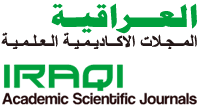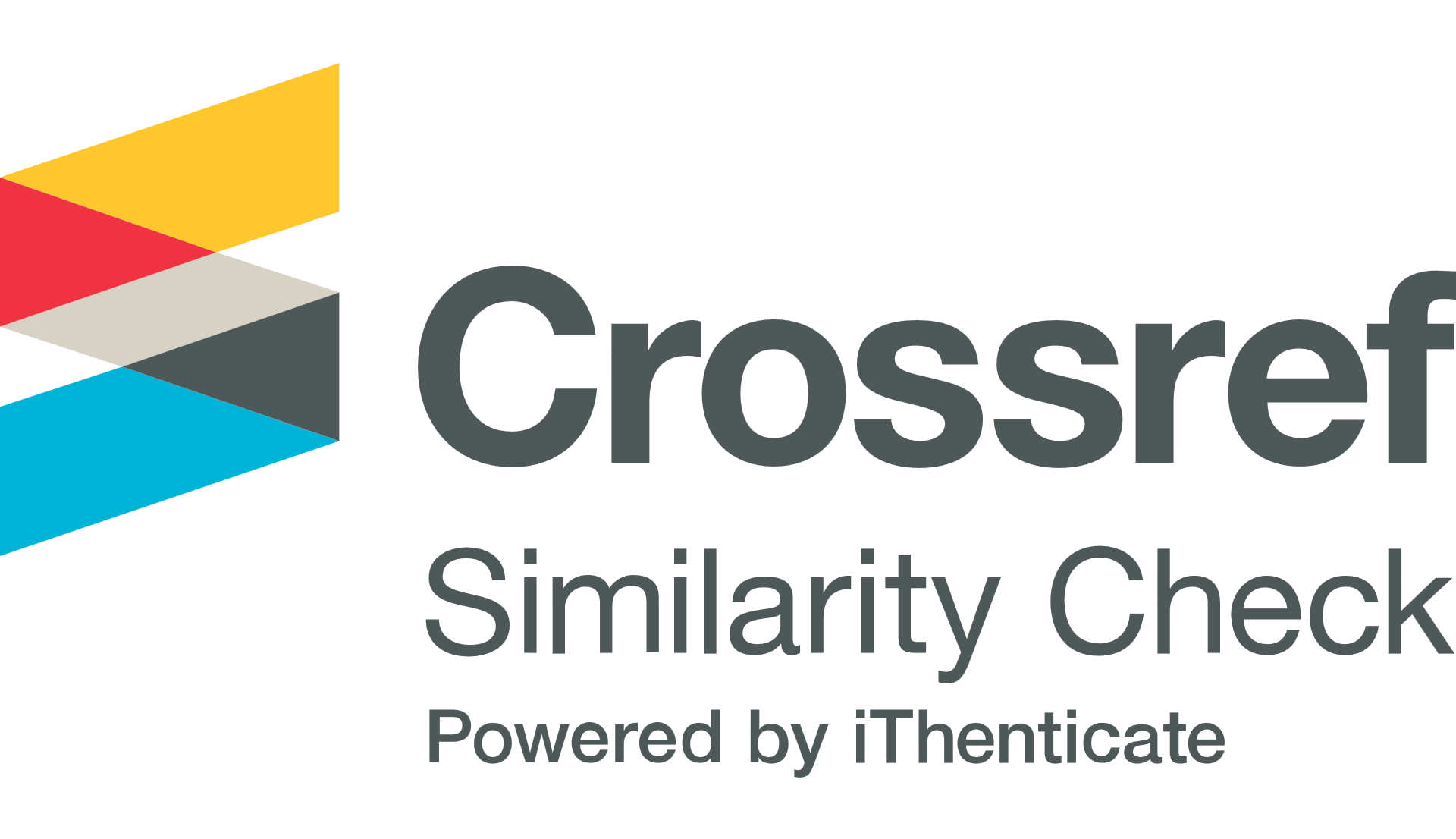About the Journal
It is a refereed, quarterly scientific journal specialized in publishing research and human studies in the disciplines: (Arabic language, English language, educational and psychological sciences, geography, history, Quranic and Islamic education sciences, social sciences, philosophy) as well as its interest in publishing the works of conferences and seminars specialized in these disciplines. The journal is concerned with publishing objective research that is characterized by original and deep knowledge in its content and modernity, which respects the conditions of publication and scientific honesty, and which contributes effectively to the development of societies and keeps pace with everything that is new.
The journal is committed to the policy of open access (OA) to all content free of charge for all upon its publication, and is issued with the ISSN standard number 2710-124X under the international license type (CC-BY-NC) four times a year by the College of Education for Humanities at the University of Mosul, Mosul - Iraq since December 2021, and the Turnitin program is used to prevent plagiarism, as well as the double blind evaluation system (reviewed by referees) to ensure the quality of published scientific products.
The Journal of Education for Human Sciences (JEHS) seeks to contribute to the achievement of the United Nations Sustainable Development Goals (SDGs). The journal particularly supports the following goals:
-
Quality Education: Ensuring inclusive and equitable quality education and promoting lifelong learning opportunities for all.
-
Gender Equality: Achieving gender equality and empowering all women and girls.
-
Peace, Justice, and Strong Institutions: Promoting peaceful and inclusive societies for sustainable development, providing access to justice for all, and building effective, accountable, and inclusive institutions at all levels.
-
Decent Work and Economic Growth: Promoting sustained, inclusive, and sustainable economic growth, full and productive employment, and decent work for all.
-
Reduced Inequalities: Reducing inequality within and among countries.


